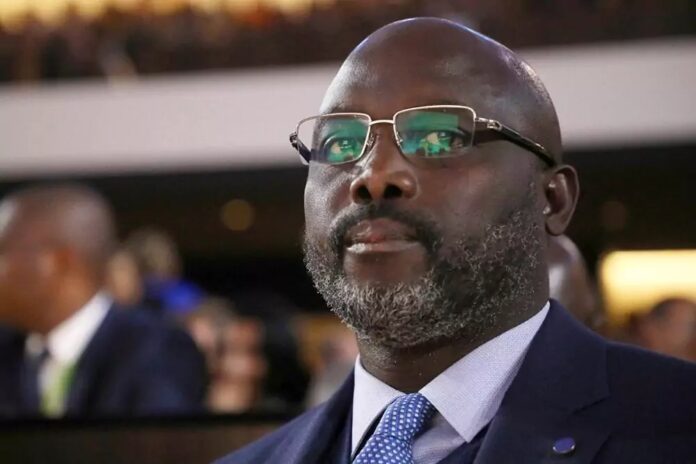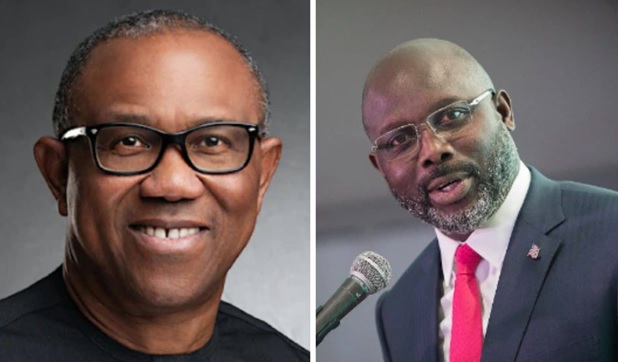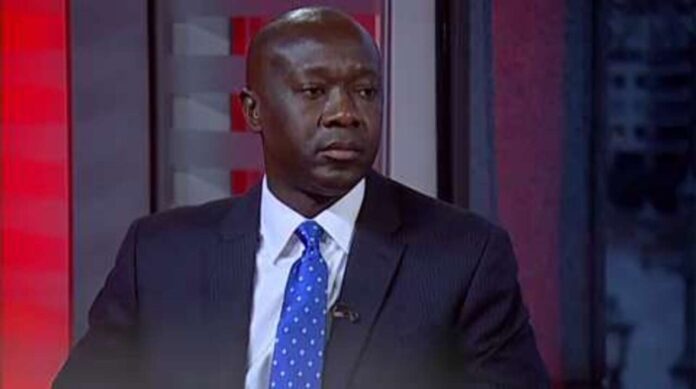MONROVIA – In a stunning revelation, a group of civil servants has come forward to allege that they deliberately harmonized President George Weah’s votes in the recently concluded general and presidential elections and runoff elections as a response to the government’s implementation of a policy that drastically reduced their salaries.
According to Concord Times, the group claims that the President’s initiation of salary harmonization through Finance Minister Samuel Tweah had inflicted severe hardships upon them, prompting them to vote against him.
The CDC Government, under President Weah’s leadership, had implemented a policy of salary slashing known as “harmonization” in an effort to address the country’s economic challenges. This policy aimed to streamline the public sector payroll and reduce the wage bill by aligning civil servants’ salaries with the available resources. However, the civil servants argue that the implementation resulted in significant financial burdens for them and their families.
Speaking on behalf of the group, a civil servant who wished to remain anonymous explained, “We understand the need for economic measures, but the salary cuts imposed on us were far beyond what we could bear. It caused severe hardships, affecting our ability to provide for our families and meet basic needs. We decided to use our votes as a means of expressing our frustration and seeking relief from this situation.”
According to the group, their decision to harmonize President Weah’s votes mirrored the government’s policy of harmonizing their salaries. By voting against the incumbent President, they aimed to send a strong message of discontent and draw attention to the challenges they faced due to the salary cuts.
The civil servants argue that the harsh impact of salary harmonization on their livelihoods demonstrated a lack of empathy from the Weah government towards its workforce. They expressed disappointment in the administration’s failure to adequately address their concerns and provide relief measures to mitigate the hardships caused by the policy.
The allegations made by the civil servants have sparked debate and raised questions about the impact of economic policies on the working class. Critics argue that the government should have taken into account the potential consequences of salary cuts and worked towards finding alternative solutions to the economic challenges faced by the nation.
As Liberia moves forward following the general and presidential elections, the outcome of these allegations, combined with the broader issue of salary harmonization, remains an important topic for public discourse. The incoming government’s response and actions taken to address the concerns of civil servants will undoubtedly shape public opinion and influence future policies related to the welfare of the country’s public sector employees.







